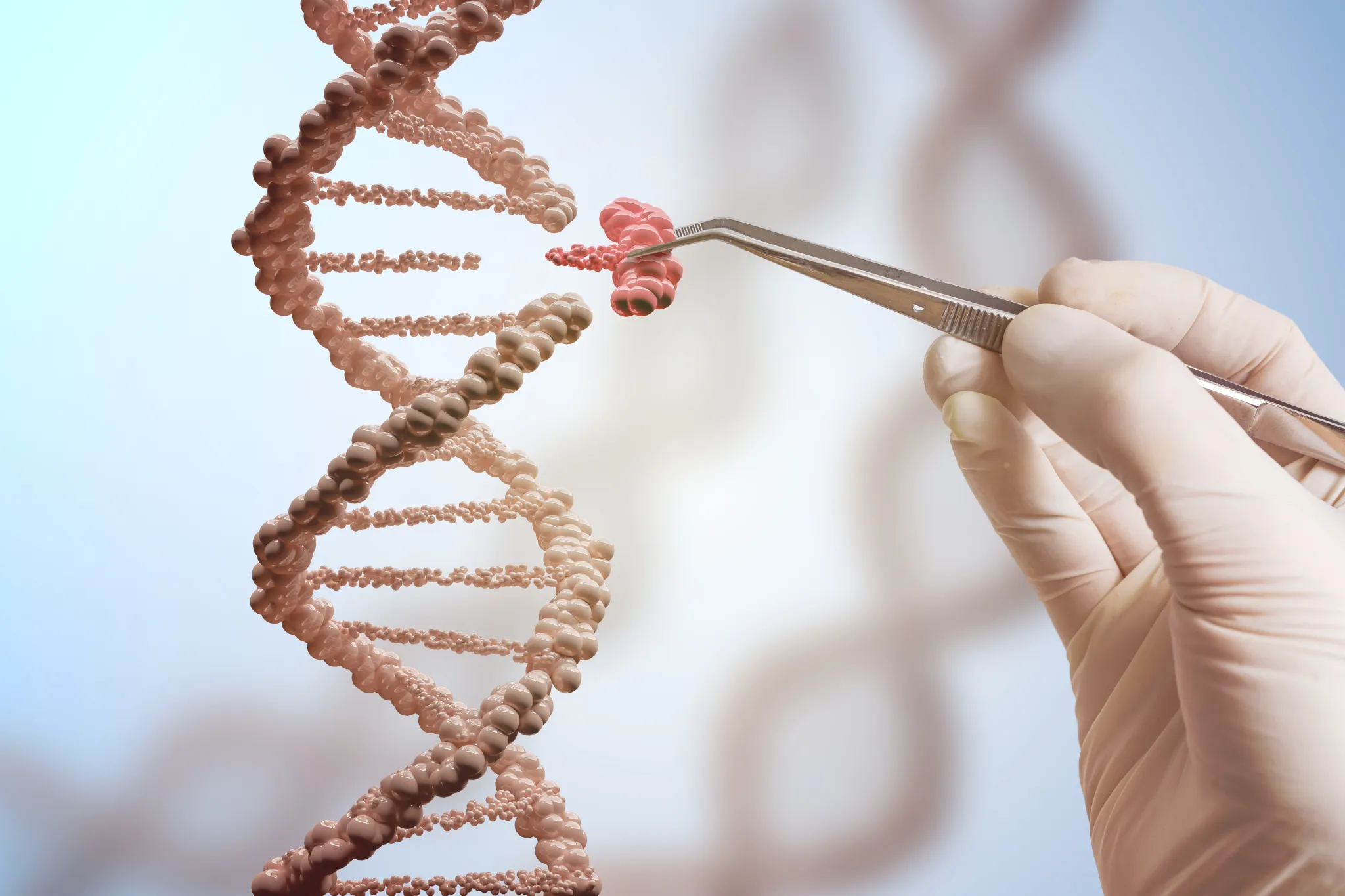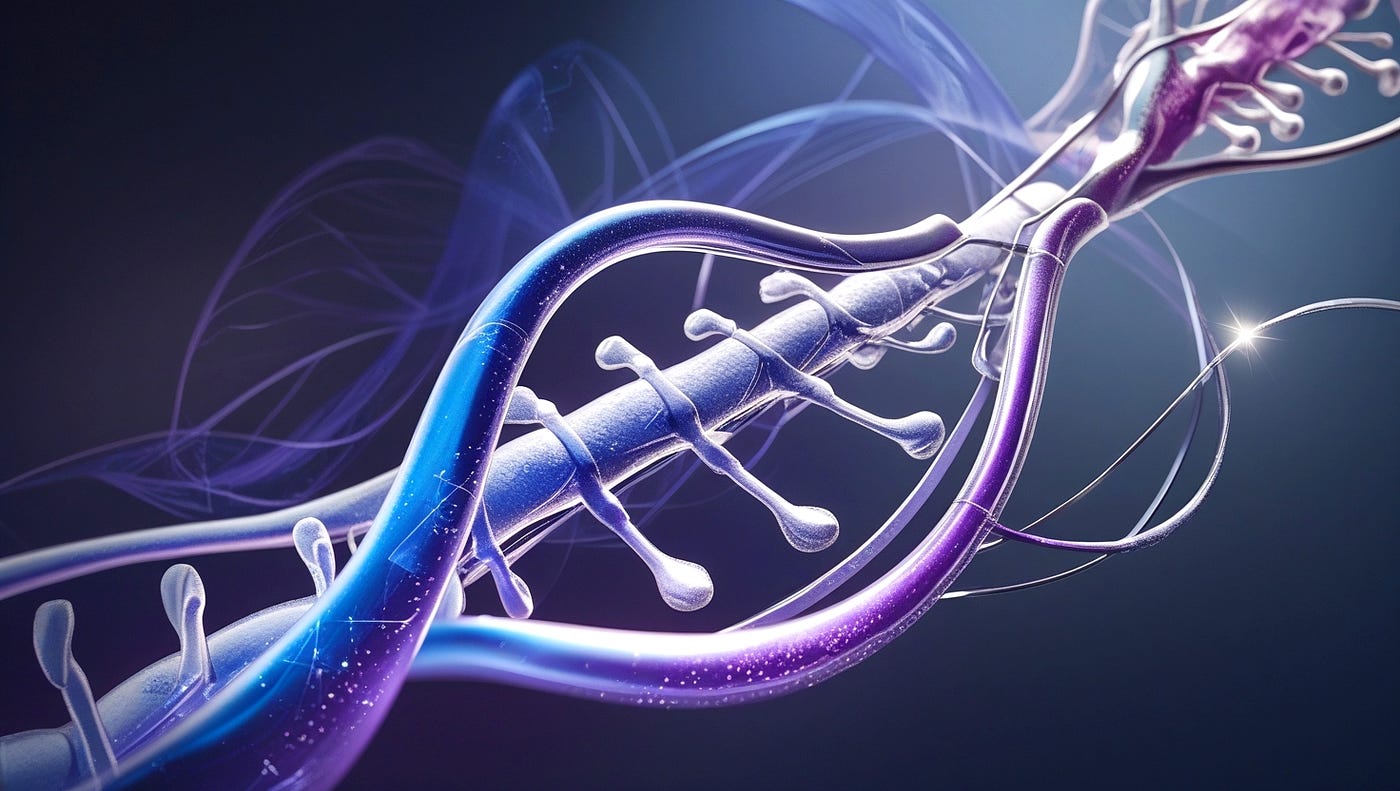For centuries, scientists have pondered what makes human speech unique compared to our closest relatives, such as Neanderthals. A new study may have uncovered a crucial genetic factor that contributed to this distinction. Researchers have identified a tiny but significant genetic change present in modern humans but absent in our extinct relatives. This discovery provides new insights into the evolutionary development of speech and language.
NOVA1 Mutation Plays a Crucial Role in Human Speech Development and Evolution
The research focuses on a brain protein called NOVA1, which plays a critical role in how nerve cells process information. Scientists at The Rockefeller University discovered that a single mutation in the NOVA1 gene may have been a key factor in the development of spoken language. This mutation appears to have altered how genes are expressed in human nerve cells, setting early humans apart from other species.

NOVA1 acts like a conductor in the brain, influencing how other genes function. A minor amino acid change in the human version of this gene differentiates us from Neanderthals, Denisovans, and other animals. Though small, this change appears to have had a profound effect on speech development. To test its impact, researchers genetically modified mice to carry the human version of NOVA1, which led to noticeable differences in their vocalizations, including altered cries in baby mice and modified ultrasonic mating calls in adults.
Genetic Mutation in NOVA1: A Key to Human Speech Evolution and Advantage
Further examination of Neanderthal and Denisovan DNA revealed that these ancient humans had the same NOVA1 version as other animals, meaning they lacked the mutation found in modern humans. This suggests that somewhere in Africa, early modern humans developed this genetic change, which then spread rapidly across populations. The widespread presence of this mutation in modern humans implies that it provided a significant evolutionary advantage, likely contributing to the emergence of complex speech.
The findings indicate that NOVA1 may have played a crucial role in shaping human vocal behaviors and speech-processing abilities. While it is not the sole factor behind the uniqueness of human language, it offers an important piece of the puzzle. By identifying such genetic differences, scientists can continue to explore how our ability to communicate evolved, further unlocking the secrets of human speech and its role in our species’ success.


